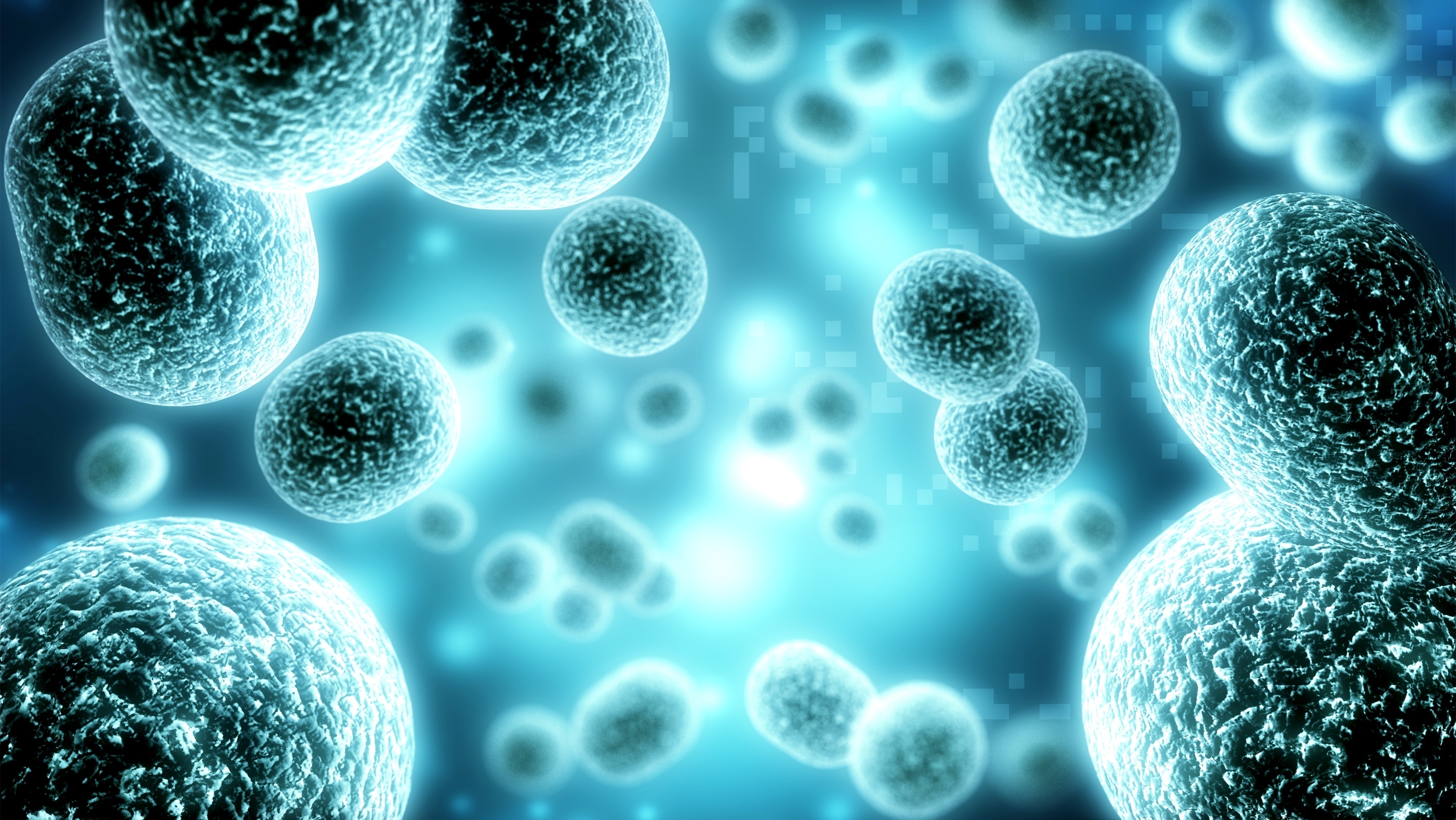By Middle Age, Healthy People Have Way More Cancer-Causing Mutations Than We Thought

Aging causes changes in our bodies and our cells. But a new study finds that the extent of these changes could be a lot greater than we previously thought.
Middle-age and elderly people have more mutant cells in their esophagus than they do normal cells, a group of researchers reported yesterday (Oct. 18) in the journal Science. Further, some of these mutations are associated with esophageal cancer.
Our bodies are created from a set of instructions that we carry around in every one of our cells, an individualized manual that we call our genes. But this manual never gathers dust — throughout our lifetime, it changes (as biologists would say, it "mutates"), which creates new instructions. [Top 10 Cancer-Fighting Foods]
For the most part, these mutations don't have any effect on healthy cells, and those cells continue chugging along, unfazed. But sometimes mutations can be detrimental— the new set of instructions can, for example, tell a healthy cell to divide and multiply rapidly and prevent other cells from stopping this uncontrolled cell growth. Healthy cells can thus turn cancerous.
In the new study, the researchers wanted to understand what mutations are present in healthy people. The team examined the tissue that lines the esophagus from nine donors between the ages of 20 and 75. They used gene sequencing — a method that reveals the genetic makeup of a tissue — to see how many known cancer-associated mutations each donor carried.
They found that, by the time people reached middle age, over half of the tissue that lines the esophagus contained mutated genes associated with esophageal cancer: 14 in total. Surprisingly, they found that one of the mutated genes, NOTCH1, was more common in healthy tissues than in cancerous ones.
Specifically, in middle-age and elderly people, NOTCH1 mutants were present in 12 to 80 percent of cells, and TP53 mutants — another mutation also associated with esophageal cancer— was found in 2 to 37 percent of cells. Their findings show that researchers may need to reconsider the role that these genes play in cancer, according to a statement.
Get the world’s most fascinating discoveries delivered straight to your inbox.
"We have found that genetic mutations associated with cancer are widespread in normal tissues, revealing how our own cells mutate, compete and evolve to colonize our tissues as we age," co-author Iñigo Martincorena, a group leader at the Wellcome Sanger Institute in the United Kingdom, said in the statement. "Given the importance of these mutations to cancer, it is remarkable that we have been unaware of the extent of this phenomenon until now."
The esophagus is not the only body in the tissue that carries such mutations. Similarly, thanks to the sun, a quarter of a middle-age person's skin cells have mutations that can drive cancer, according to the study.
"While the work sheds light on early cancer development, it also raises many questions about how these mutations may contribute to aging and other diseases, opening interesting avenues for future research," Martincorena said.
Originally published on Live Science.

Yasemin is a staff writer at Live Science, covering health, neuroscience and biology. Her work has appeared in Scientific American, Science and the San Jose Mercury News. She has a bachelor's degree in biomedical engineering from the University of Connecticut and a graduate certificate in science communication from the University of California, Santa Cruz.
 Live Science Plus
Live Science Plus





